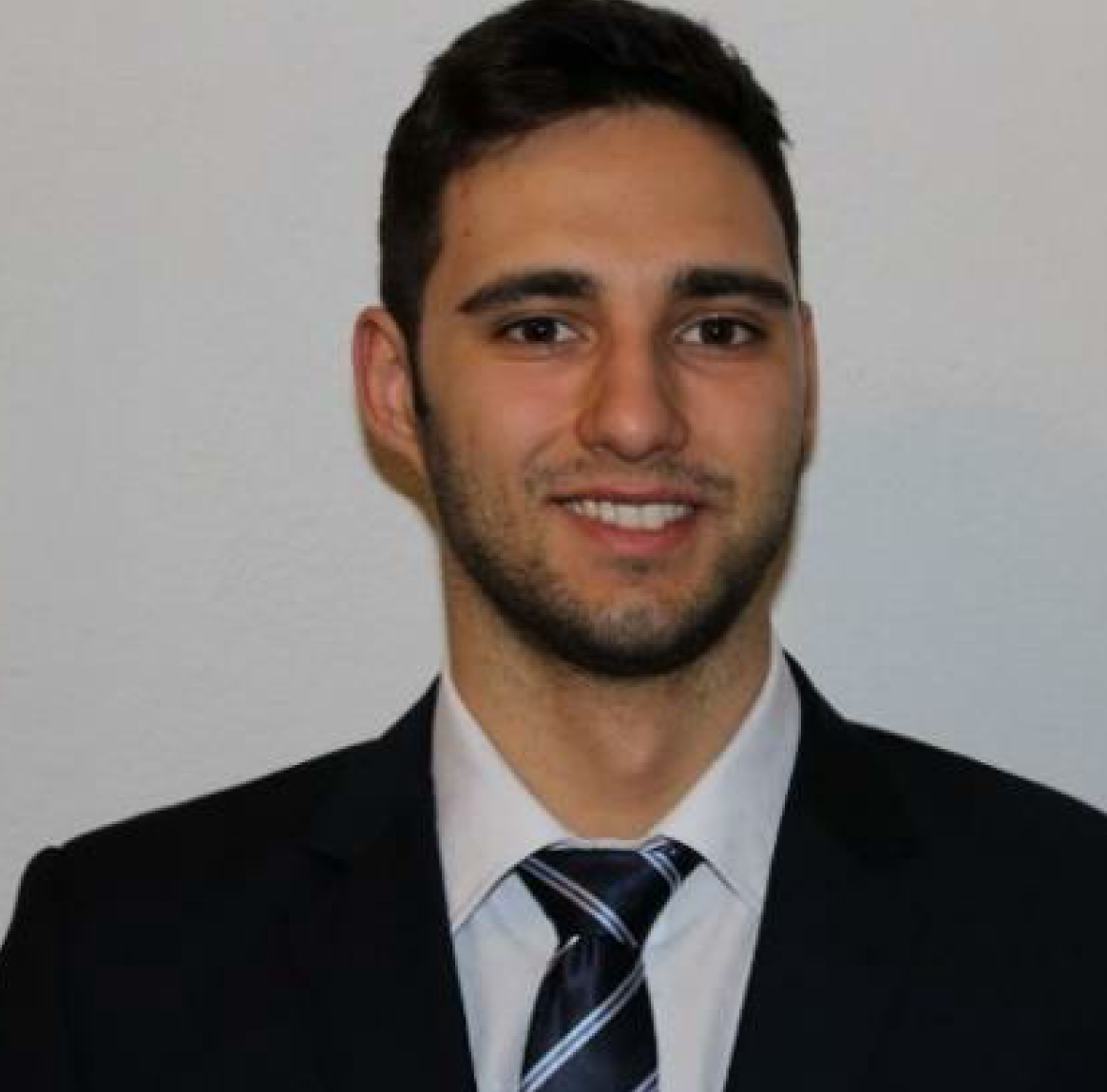
- Electronic mixed signal design
- ASIC development and validation
- Particle physics
- Semiconductor detectors
- Device physics, general physics and maths
I am a very enthusiast Electronic Engineer. I have studied at the University of Naples "Federico II" where I took both my BSc and MSc respectively in October 2015 and December 2017. During the last year of my university studies, I collaborated to the TT-PET project working at the Geneva University.
This was my first opportunity to work on pixel detector development, in particular on detectors for time-of-flight measurements. I became passionate about the topic and this brought me to apply for this position at STREAM.
In my spare time I like swimming, sailing, spearfishing and everything else related to the sea.
I contribute to the STREAM Work Package 4 - Validation and Qualification.
As a member of the ATLAS design group, my activity is principally focused on the development of analog and mixed signal circuit designs to be used in dedicated monolithic sensors.
In parallel, I am also involved in the characterization of the developed CMOS sensors, to test the expected operation for tracker modules and as beam monitors at accelerator applications.
Tests and qualification of the ASICs with laboratory measurements and testbeams give the opportunity to feed results to design activities; on the other hand, participating in the circuit design gives direct feedback to testing activities.
Monolithic radiation hard CMOS sensors allow to improve performance and functionality, as active electronics can be included directly in the sensor; furthermore it allows to use established industrial CMOS processes, providing a significant cost advantage over traditional processes used in high energy physics so far.
In addition, the development of these technologies, allows new discoveries in high-energy physics and it is a potential candidate for image sensors in medical applications and digital cameras for the performance improvement and cost reduction.
Being an Early Stage Research in STREAM is a great experience for me. I am acquiring a deeper knowledge on pixel detectors and in the wider and fascinating field of IC design. At the same time, working in an international environment such as CERN allows me to interact with people from all over the world, which I think is the key for a varied and thorough knowledge in my field of expertise.
